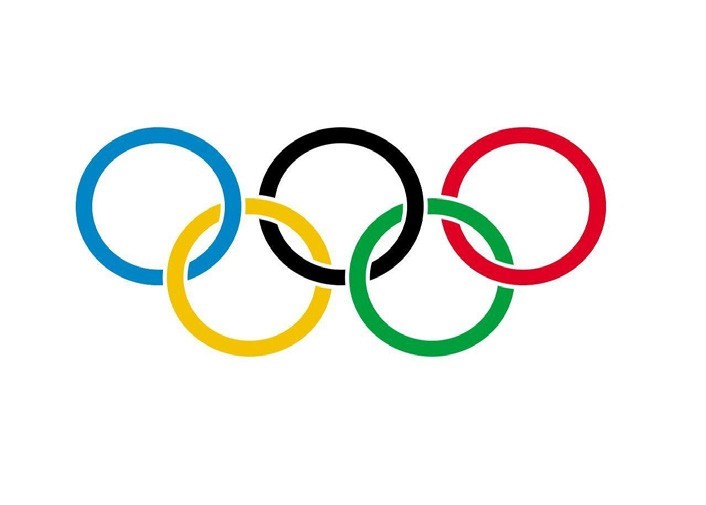Russia Banned from Winter Olympics
Russia will be banned from the 2018 winter Olympics.
The International Olympic Committee (IOC) has banned Russia from the 2018 Winter Olympics in Pyeongchang, South Korea, for the use of doping during the 2014 Sochi games. The IOC announced the suspension of Russia’s Olympic team on December 5.
Russia was banned for doping in order to give them an advantage during the Sochi games. The doping program was supported and encouraged by Russia’s government. Sophomore Dan Dalrymple said, “I felt depressed because the competition won’t be as exciting to watch [this year].”
Grigory Rodchenkov, former director of the antidoping center in Russia, revealed the country’s state-sponsored doping program. He told the NY Times he did what he was told. Rodchenkov has since fled the country and is currently in the United States.
To test for drugs before the games, samples of urine from Russian athletes were taken and stored in the antidoping laboratory. Inside the antidoping center, the urine samples of all competing athletes were held in a storage room. To get away with doping, the urine samples were switched out when athletes were tested. Next to the storage room, was room 124. In room 124, where tests were conducted, there was a hole cut into the wall leading into the storage room.
After receiving a signal, the urine samples were passed through the hole in the wall and taken to a building nearby. There, samples were emptied of their contents and cleaned with filter paper. Then, untainted urine was placed in the bottle.
Months before the Olympic drug testing, urine samples were taken and stored from all the athletes in preparation for when they would have to take drug tests. After replacing the contents of the bottle, everything was then returned to the storage room.
The Russian athletes were given anabolic steroids. By taking anabolic steroids, an athlete increases the amount of natural protein being produced in the body. Because of this increase in protein production, athletes experience a boost in muscle growth, which enhances their performance. Sophomore Terry Deegan commented, “I was disgusted [by this scandal] to the greatest degree.”
As for the 2018 winter Olympics in Pyeongchang, South Korea, no Olympic team from Russia will be permitted to compete. In addition, no Russian flag or anthem will be permit- ted at the games. If a Russian athlete should choose to compete, he/she will do it under the Olympic flag, and the Olympic anthem will be played for that athlete in any ceremony.
Christina Franco, a competitive volleyball player who one day hopes to play at a higher level, said, “It is unfair because there are athletes who work so hard, and when you find out some cheated, it is disappointing.”
The International Olympic Committee (IOC) has released no further statements regarding Russia’s future in the Olympics and aside from the ban from the 2018 Winter Olympics, it is not known when they will be allowed to compete as a team again.
I am a member of the class of 2021 at Lynbrook High School. I am a journalism student.



















